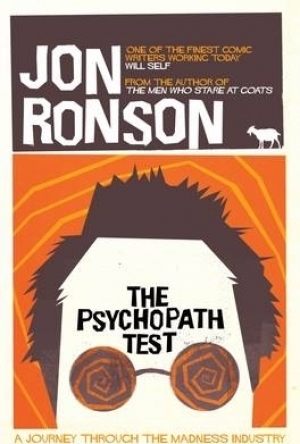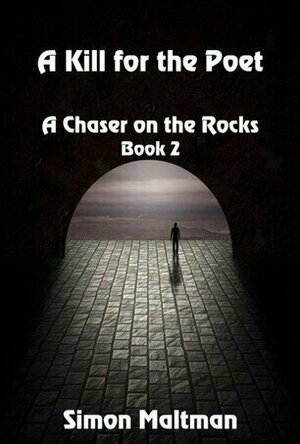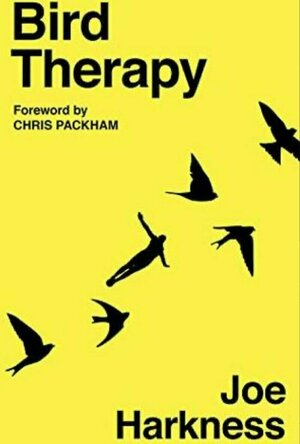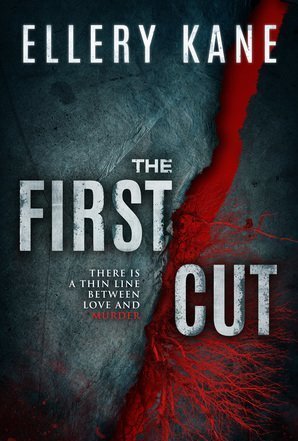
The First Cut
Book
There’s a thin line between love and murder. When “Love Doctors” Ian and Kate Culpepper are...
Fiction Thriller Crime Psychological Mental Health Obsession
BookblogbyCari (345 KP) rated The Psychopath Test in Books
Sep 11, 2018
It logs the course of events taken by Jon Ronson as he interviews some people who are deemed crazy, or psychopathic, and some people who diagnose psychological traits. The start of Ronson’s journey is intriguing - it begins when various academics, predominately neuroscientists, are sent mysterious and cryptic packages. They all rush onto online forums trying to figure out what it’s all about. Unfortunately, this section comes to an abrupt and disappointing conclusion (no spoilers).
This all changes in Chapter 2, however. Here, Ronson meets a man, Tony, who claims to have faked mental illness in order to get put into a psychiatric facility rather than a traditional prison. The Scientologists are on his side, and they send Ronson Broadmoor’s file on Tony, but with significant omissions, which shed a whole new light on why Tony should be incarcerated.
Chapter 3 describes how in the 1960’s psychiatrist Elliot Barker, held several nude LSD-induced psychotherapy sessions for psychopaths. In Chapter 4, Ronson goes on a conference to learn about Bob Hare’s psychopath checklist, and by Chapter 5, he’s using it in an interview with a leader of a death squad, Toto Constant. In Chapter 6, he uses it in an interview with Al Dunlan, who apparently enjoyed firing 6.000 people from their jobs.
Following a brief interlude to discuss the media, conspiracy theorists and the second coming, the theme of psychopathy is picked up again in Chapter 9 which looks at criminal profiling, and how it was once used to lure one particular suspect into an unwarranted arrest.
Ronson goes off on another tangent in Chapter 10, which discusses the (very real) problem of an apparent ballooning of mental illness diagnoses. Here he tells the tale of what happened when a 4-year-old girl was given 10 pills a day for “childhood bipolar” disorder.
In Ronson’s concluding chapter, he attends a tribunal for the Tony of Chapter 2, and Tony’s fate is decided (no spoilers). By this point, Tony’s charisma has got Ronson taken in, in spite of Tony showing several psychopathic traits.
My take away from the book is that people will have eccentricities, diagnosis or not, and the way to tell if someone is dangerous, is by their actions. Ronson himself has spotted psychopathic traits in himself, despite being overly anxious and not the slightest bit evil. The book sheds a lot of light, not only on the nature of obtaining a diagnosis, but also on its implications.
Whilst I do recommend the book, this book is most definitely not a thorough analysis of the mental health industry, nor the criminal profiling industry. But for entertainment purposes it gets top marks. If you are looking for a more authoritative book on the mental health industry and diagnosis, I recommend Saving Normal by Allen Frances.
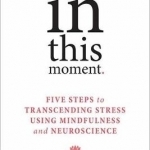
In This Moment: Five Steps to Transcending Stress Using Mindfulness and Neuroscience
Book
Little daily hassles can add up to big, big stress. Whether you're stuck in traffic, hauling your...

Goodbye Sugar: Hello Weight Loss, Great Skin, More Energy and Improved Mood
Book
We all know a diet too high in sugar wreaks havoc on our health and well-being, yet many of us feel...
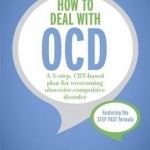
How to Deal with OCD: A 5-Step, CBT-Based Plan for Overcoming Obsessive-Compulsive Disorder
Book
OCD, or obsessive compulsive disorder, is a common and difficult condition characterised by...

Meditate Your Weight: A 21-Day Retreat to Optimize Your Metabolism and Feel Great
Book
Hundreds of medical studies have shown the spectacular health benefits of meditation. Now, Tiffany...
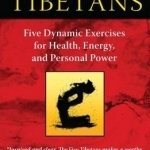
The Five Tibetans: Five Dynamic Exercises for Health, Energy, and Personal Power
Book
"Inspired and clear, The Five Tibetansmakes a worthy contribution to body-mind wellness and...
Phil Leader (619 KP) rated A Kill for the Poet (Chaser on the Rocks #2) in Books
Nov 18, 2019
Yet that is what happens when a mysterious surveillance job turns into something far more sinister and despite himself Caskey can't help but try to unravel the mystery. Like picking at a scab this is something he feels compelled to do but it's really only going to make things worse. The main story is woven through with Caskey composing his latest novel featuring his 1940s detective Billy Chapman investigating a murder.
Despite the complexities Maltman creates for himself in both his main character and the book within a book, both plots work well together. The Billy Chapman sections serve to break up the main story, like sorbet between a twelve course meal. Caskey, despite his problems, is an engaging character and very believable even when the plot he gets caught up in veers towards being wilfully obscure. There is an obvious comparison to Bateman's Mystery Man, another Nothern Irish detective with mental issues. But where Mystery Man is often a tragic and self-defeating character, Caskey is nothing like that and embraces his flaws.
Above all this stands up as a good solid detective story (indeed two of them). Maltman has a flair for producing interesting and very readable books and this is no exception
ClareR (6067 KP) rated Bird Therapy in Books
Apr 17, 2020
This book not only looks at the medical evidence, proving the worth of getting out into our green spaces, but also looks at how birdwatching could work for the reader too. There are loads of helpful tips at the end of each chapter as well. For me though, the real beauty of this book is in the writing itself. The descriptions of the places where Joe goes to find birds, the times of year and the birds themselves are really inspirational. They make me want to go to these places and find these birds myself (I’m now obsessed with the idea of seeing a Shrike, after I googled it and found a picture of one sat on a fence, with what looks like a toad hanging out of its mouth!). I will enjoy my garden for now, in this time of Covid 19 isolation, but when we’re allowed back out, I’ll certainly be getting out into the countryside near where I live.
Many thanks to The Pigeonhole for serialising this book, and to Joe Harkness for so actively participating in the process.
Every Last Tie: The Story of the Unabomber and His Family
David Kaczynski and James Knoll
Book
In August 1995 David Kaczynski's wife Linda asked him a difficult question: "Do you think your...
